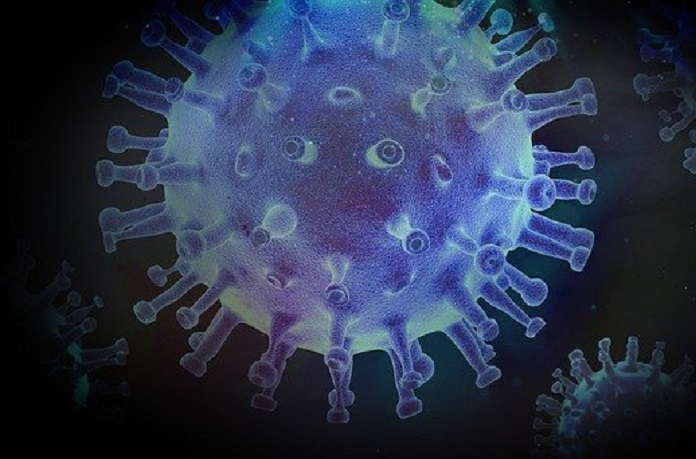An established drug – aprotinin – may present a potential treatment for COVID-19.
Since the beginning of the SARS-CoV-2 pandemic, medical researchers across the globe have raced to investigate potential treatments for the novel coronavirus. Treatment of the disease using existing drugs has improved in the last six months, reflected by a decrease in the infection mortality rate. However, the search for more effective drug treatments is ongoing. As our understanding of the virus and its replication continues to improve, more targets for drug intervention are revealed. A new study published in the journal Cells examines one such target – aprotinin – for treating COVID-19 (1).
By studying the SARS-CoV-2 virus in detail, it has been demonstrated that the virus attaches to host cells using a spike protein. However, after it has attached, the virus requires host cell enzymes called proteases to cut the spike protein, allowing the virus to enter cells. Understanding of this protease-mediated cell entry has presented protease inhibitors as potential therapies for treating SARS-CoV-2. One such protease inhibitor is aprotinin. This drug had previously been used to prevent bleeding during surgery as it inhibits the protease enzyme that dissolves clots.
However, researchers at universities in Canterbury, Hannover and Frankfurt explored whether aprotinin’s action as a protease inhibitor could be used to prevent replication of the SARS-CoV-2 virus. They carried out a series of laboratory-based experiments using a variety of cell cultures, including bronchial epithelial cells.
Paired cultures were infected with the SARS-CoV-2 virus either in the presence of or absence of the drug. Forty-eight hours after infection, the growth of the virus was assessed. However, inhibiting viral replication is not of much use if a drug also destroys the host cells, so the researchers also assessed the viability of the cell cultures at various concentrations of aprotinin.
Aprotinin demonstrated the ability to inhibit replication of three different strains of SARS-CoV-2, reducing genomic levels up to 900-fold. Crucially however, aprotinin was only effective when introduced before viral entry had taken place. In an experiment where aprotinin was introduced following a one-hour adsorption period, it did not significantly inhibit the virus. The study also examined another drug candidate, SERPINA1/alpha-1 antitrypsin, however this drug did not show similar antiviral activity.
The success of aprotinin during in-vitro studies shows that it demonstrates some promise as potential treatment for COVID-19. It was shown to be effective at reducing viral replication at concentrations that can safely be achieved therapeutically. However, there are a number of questions that remain to be answered. Firstly, can these results in lab studies be replicated in living creatures? The drug has been shown to work in cell cultures but the next step is to demonstrate similar activity in animal models.
Secondly, the fact that its effectiveness appears to be dependent on the timing of administration impacts the potential usefulness of aprotinin. It may be that it is of some use in the early stages of the disease but less useful in more established disease.
Finally, aprotinin was the subject of significant safety concerns when it has previously been used in humans. The authors suggest that using it in an aerosol may be a way to minimise these concerns. An aerosol delivery would minimise the levels of aprotinin in the bloodstream as well as delivering the drug to the area it is needed most.
This study represents another in the growing list of promising research avenues for the treatment of COVID-19. However, aprotinin has a long way to go before it can be considered a safe and effective treatment for the SARS-CoV-2 virus.
Written by
Michael McCarthy
1. Bojkova D, Bechtel M, McLaughlin K-M, McGreig JE, Klann K, Bellinghausen C, et al. Aprotinin Inhibits SARS-CoV-2 Replication. Cells. 2020;9(11):2377.
Image by PIRO4D from Pixabay



